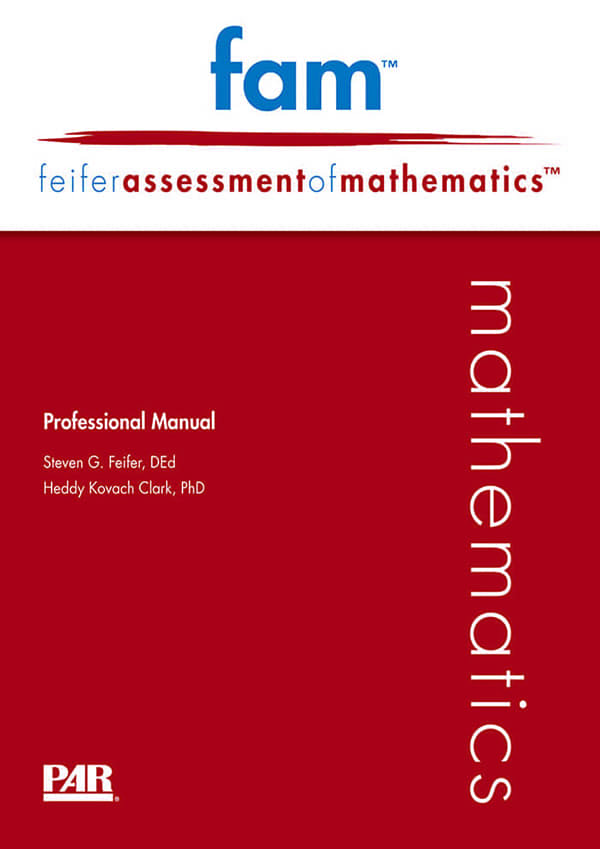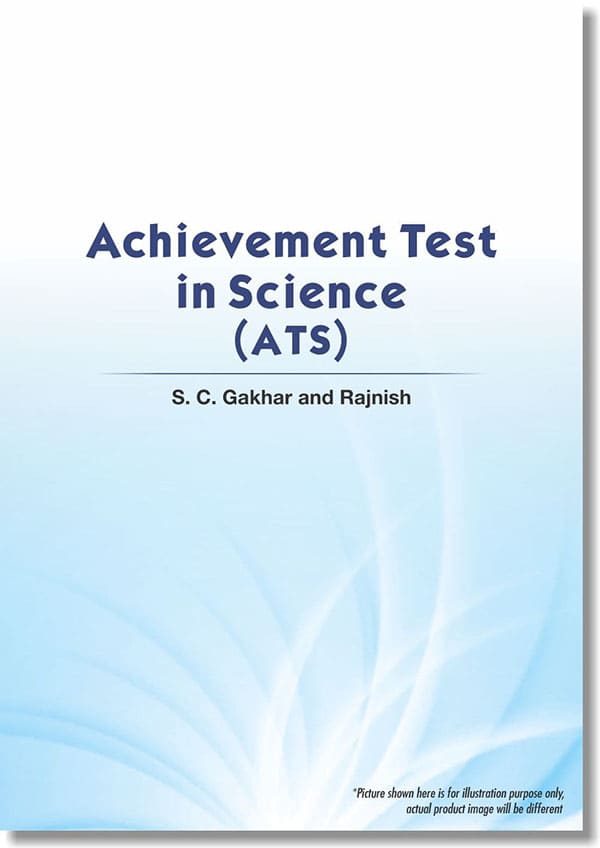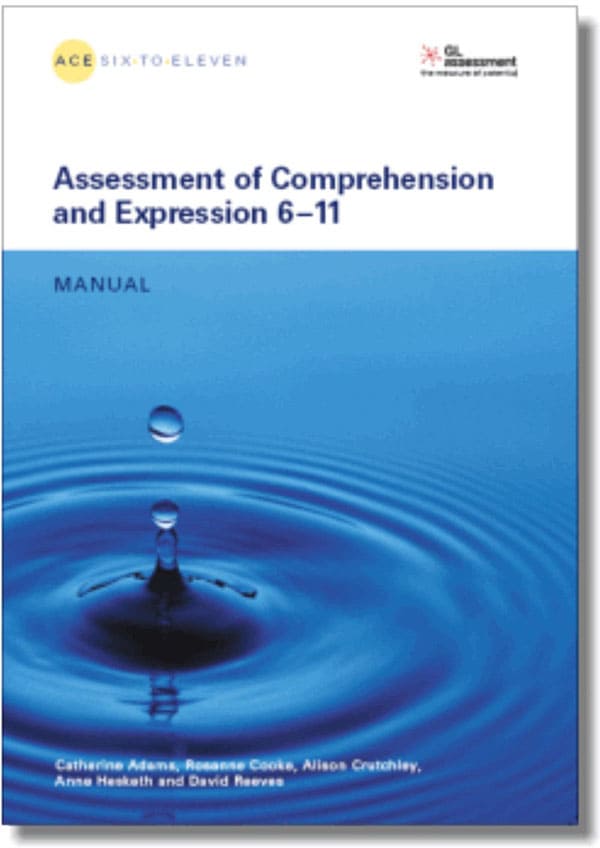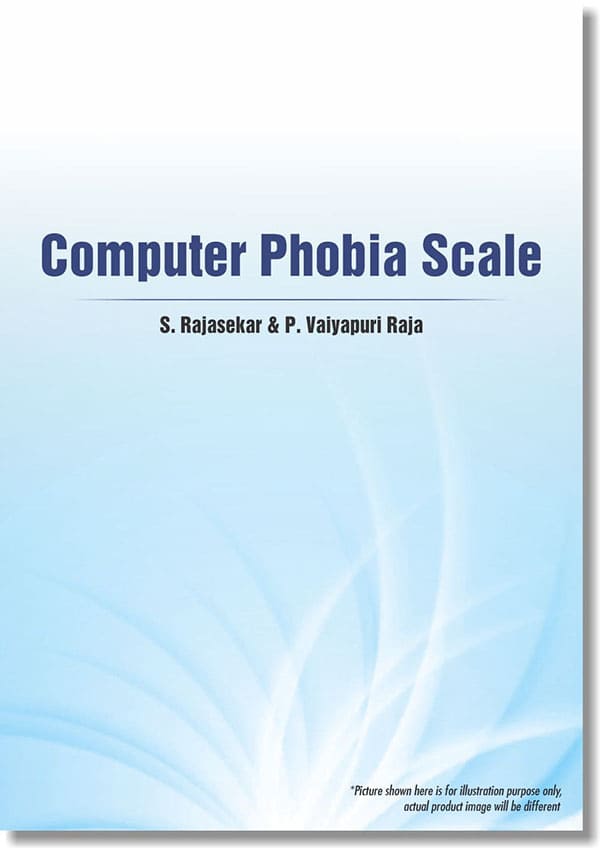Description
The FAM is a comprehensive assessment of mathematics designed to examine the underlying neuro-developmental processes that support the acquisition of proficient math skills. It not only helps determine if an examinee has a math learning disability (MLD) but also identifies the specific subtype of dyscalculia, which better informs decisions about appropriate interventions.
Features and benefits:
It comprises of 19 individual subtests measuring various aspects of math fact retrieval, numeric and spatial memory, perceptual estimation skills, linguistic math concepts, and core number sense development. Assists practitioners in not only determining the presence of a general math learning disability (MLD) but also in determining the specific subtype of dyscalculia in order to better inform intervention decision making. It can be used in conjunction with more traditional achievement tests (e.g., the AAB) that measure the overall math performance.
It is based on a neuropsychological paradigm, which dictates that multiple neural pathways underscore various cognitive processes used in mathematical problem solving. A separate Screening Form, ideal for progress monitoring, permits you to screen for dyscalculia and MLD and to identify the needs of at-risk students.







